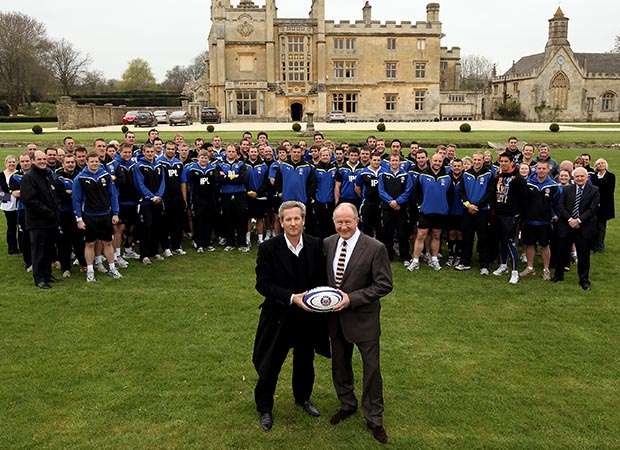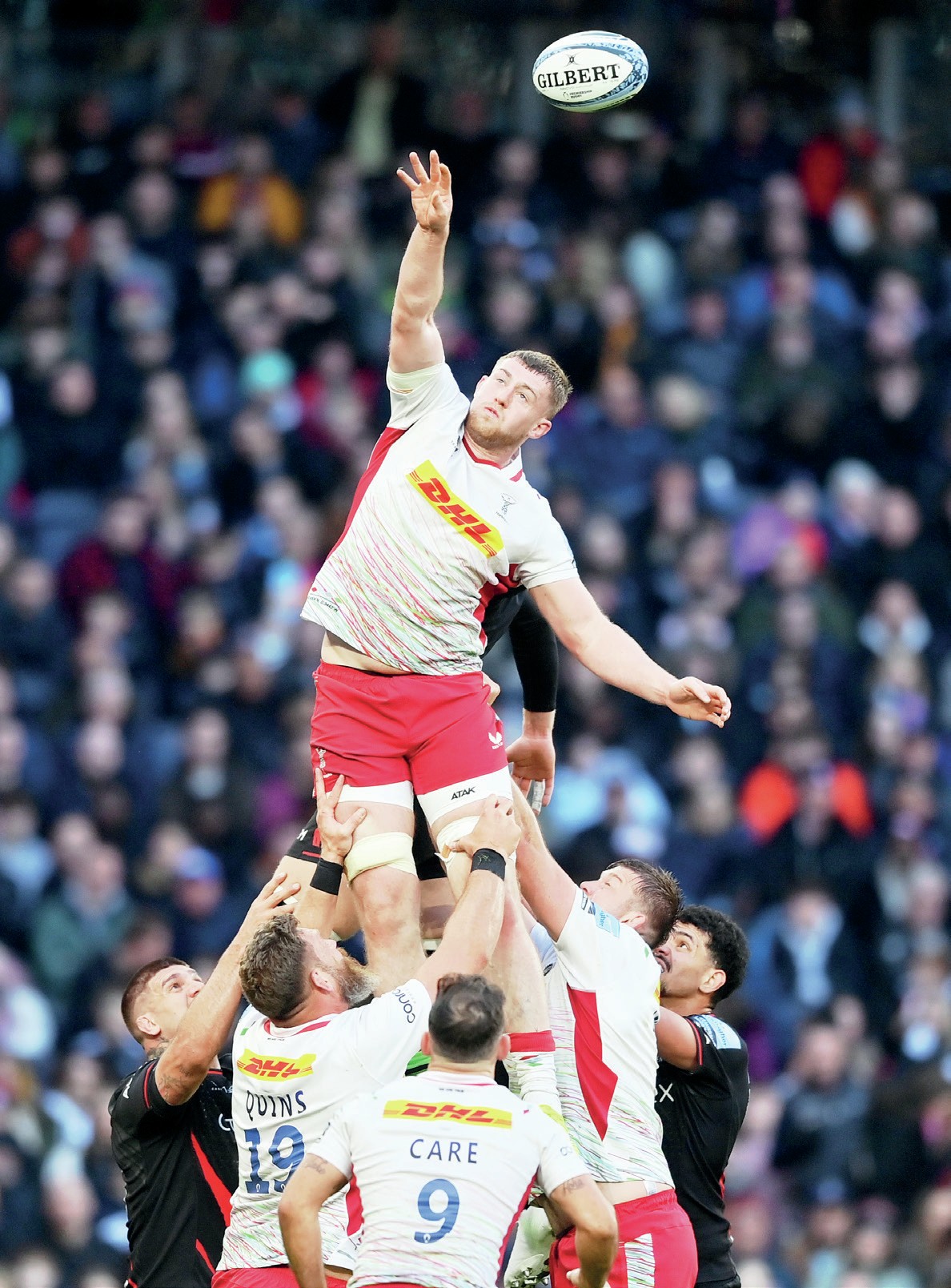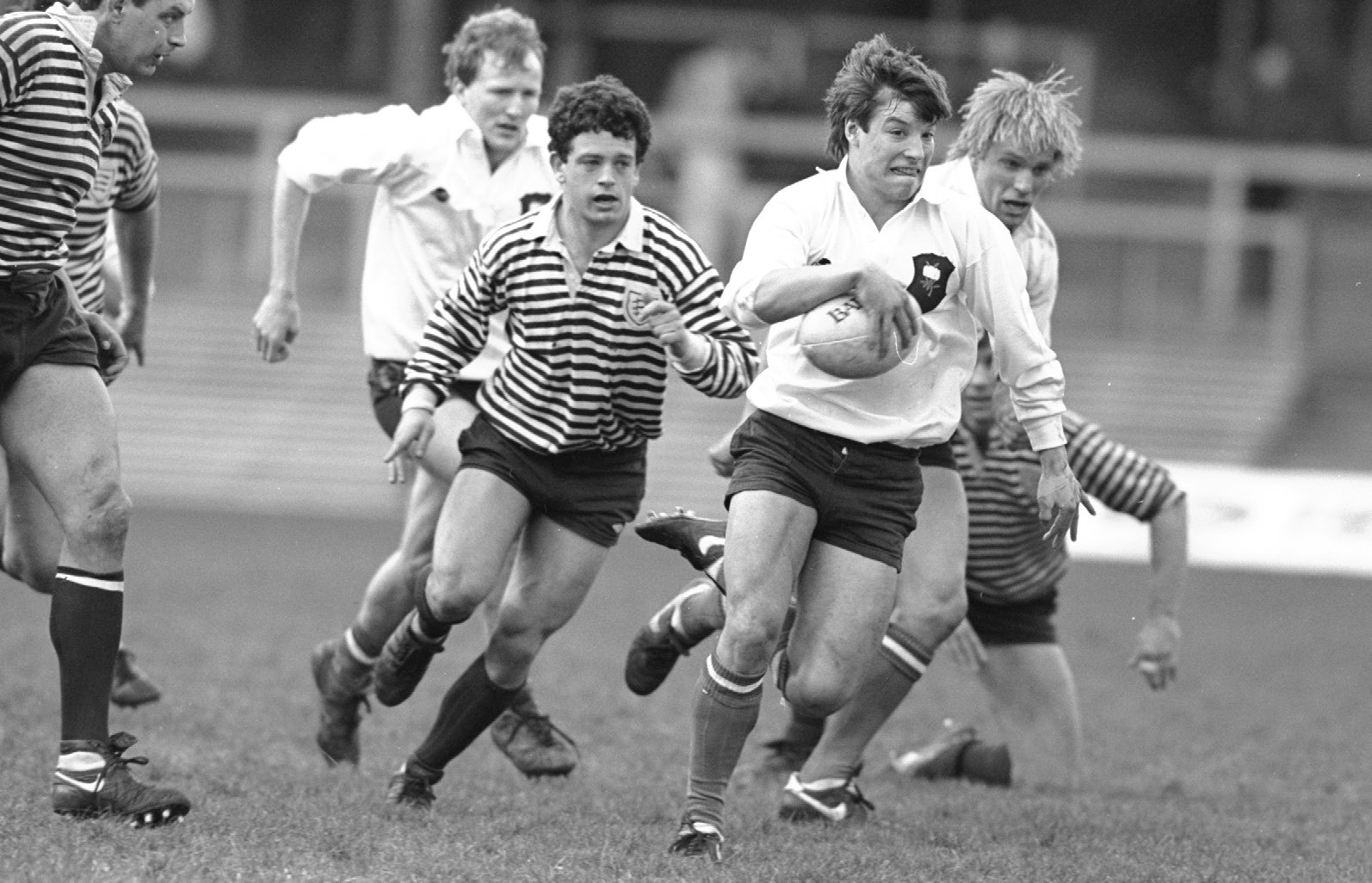
 The disruption of the European Champions Cup first round caused by the Paris atrocities last week has inadvertently shown what appears to be the ambitions of club owners.
The disruption of the European Champions Cup first round caused by the Paris atrocities last week has inadvertently shown what appears to be the ambitions of club owners.
The abandoned games have to be rearranged in what is a very truncated club season but a number of the owners are not happy. The biggest game cancelled was Toulon v Bath and has drawn interesting comments from both owners.
First, Toulon president Mourad Boudjellal has suggested the game be rescheduled for a date during the Six Nations with the proviso that the national coaches would have to be prepared to forego selection of either clubs’ players.
On the other hand, Bath owner Bruce Craig believes that the game can’t be rescheduled without potentially damaging the integrity of the Premiership and the Champions Cup.
Craig feels that fitting in the game as a midweek fixture should not happen because of ‘travel issues’ and player welfare, also because of how the English season has been congested due to the RWC and the RFU arranging a summer tour.
I disagree with Craig over the midweek option as I think it would be easy to substitute the usual five-day weekly training schedule with another game. The vast majority of players would have had enough training over the World Cup to be able to miss a week and substitute it with a midweek game and, as for the travel issues, really?
Toulon is just over an hour away by plane and the game could be scheduled for an evening kick-off, allowing the team to fly out in the morning, relax and prepare for the game and, if they want, fly back the same night.
If the powers-that-be can get their act together, the match could be arranged for this coming Wednesday as Bath were at home yesterday (so no travel fatigue there) and are scheduled to play their next game next Sunday which allows for a three-day break between each of games.
I am also puzzled what difference the summer tour makes in all this as it comes at the end of the season.
If it is to do with player welfare then it would make sense for clubs to work with the RFU in managing the players’ training and rest periods to ensure that the players are not over-trained, as statistics show that more injuries occur during training than playing.
The major concern for me is implicit in Boudjellal’s statement that the game can go ahead during the Six Nations only if the clubs have primacy over player selection, in effect raising the stature of the club game above internationals.
As the clubs control the players’ contracts, they have ultimate control of when and where the players can play, even World Rugby‘s international release clause cannot guarantee player release if the players choose to stay at their clubs.
Following the criticism that England faced during and after their early exit from RWC, it was rumoured that some of the players would prefer to stay with their clubs, which is something I can’t believe, but if clubs force players to choose between club and country, under the current contract system there can be only one winner: the clubs.
What’s obvious is that despite the comments from new England coach Eddie Jones suggesting central contracts are what are required to make the team successful, there is absolutely no chance that the clubs will agree to that – no matter how much money is on the table.
Lose the players and the clubs lose the one thing that gives them a seat at the top table and the power to influence the RFU (and they know that) even if it means damaging the England team’s future.
Currently, the clubs are flexing their collective muscles in negotiations with the RFU over the next player release deal and are trying to persuade the Union that an increased Premiership should be ring-fenced to ensure a ‘better playing style’ and greater investment by removing the fear of relegation.
However, it will not stop them from buying ‘foreign’ marquee players in a virtual ‘arms race’ in efforts to win the Premiership to attract more spectators.
In a strange way, the Premiership clubs may benefit from England’s World Cup failure if they are able to produce a consistently good product this season.
The bounce in figures of fans and young players that always follow a World Cup will be smaller than was hoped for, although if the Premiership continues as it has started, it is highly probable that they will be able to hang on to an increased number of fans.
The question is, as possible conflict between club and country grows, will England reap any benefit from a strengthening club game or will it create more problems than it solves?
I couldn’t finish without mentioning Jonah Lomu, the man who changed our game forever. Until Jonah came along, if you were quick, over 6ft and 17st, you were always earmarked as a back row forward but he changed all that.
His pace and power forced every country to reassess how they picked their players and now every team has something close to a Lomu-sized back – but few, if any, will be the legend he was and will always be.

























You must be logged in to post a comment Login